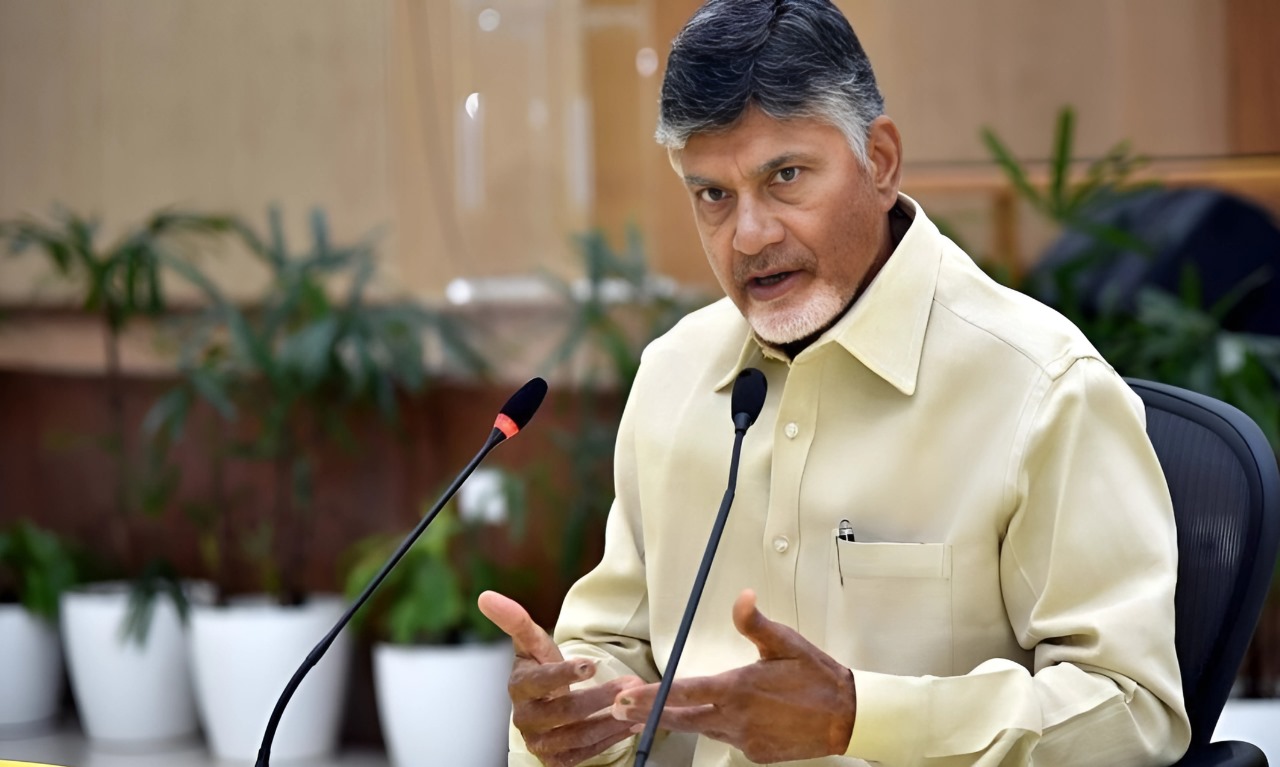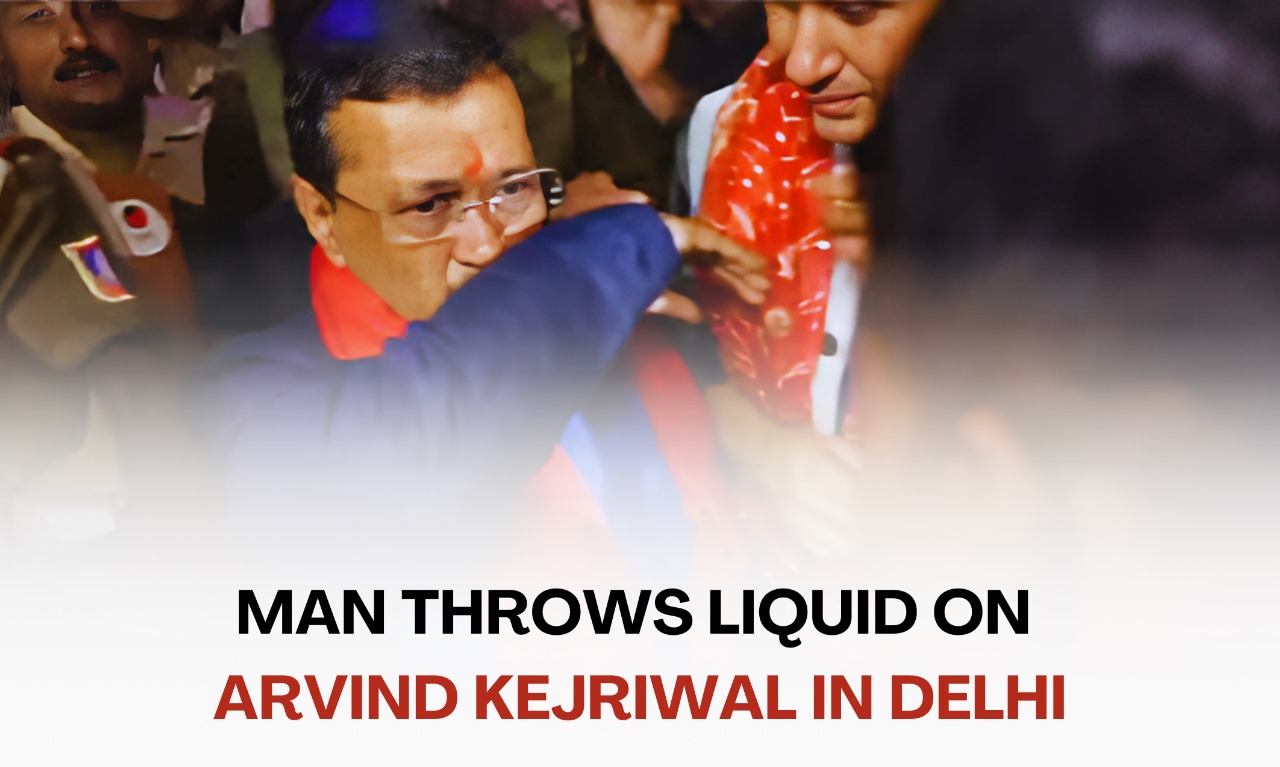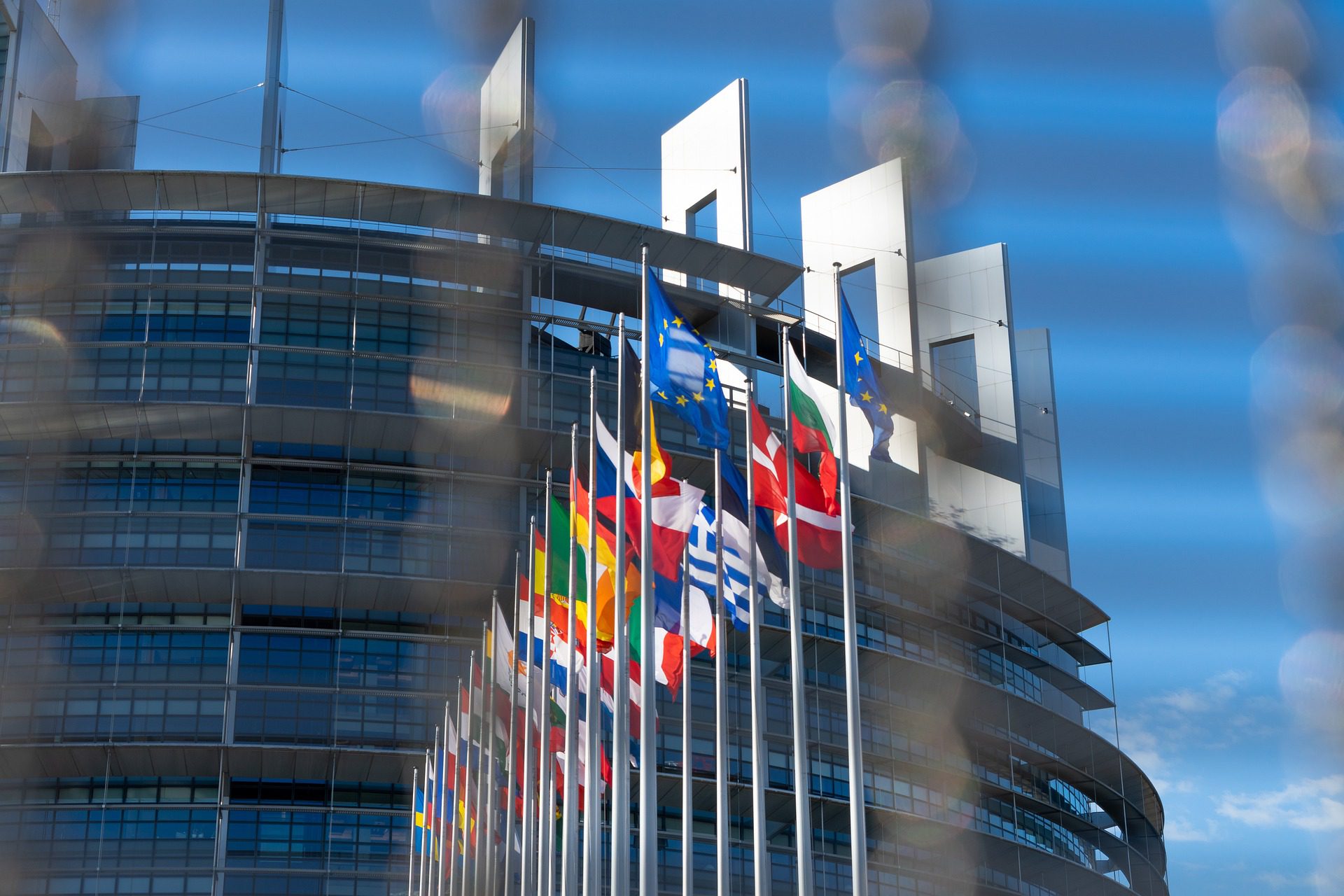Call for reforms in UNSC (United Nations Security Council) and Bretton Woods Institutions


Bасkgrоund:-
- The Bretton Woods system was established in 1944 at the Bretton Woods Conference in the USA.
- It aimed to bring stability and cooperation to international monetary affairs after World War II.
- The system created two significant organisations: the International Monetary Fund (IMF) and the World Bank.
- Although the Bretton Woods system dissolved in the 1970s, the IMF and World Bank (known as Bretton Woods institutions) continue to play crucial roles in international currency exchange.
- The UN Security Council (UNSC) was established in 1945 as one of the principal organs of the United Nations.
- It has 15 members: 5 permanent members (P5) and 10 non-permanent members elected for 2-year terms.
- The P5 members are the United States, Russia, France, China, and the United Kingdom.
- India has been a non-permanent member of the UNSC for various terms: 1950-51, 1967-68, 1972-73, 1977-78, 1984-85, 1991-92, 2011-12, and 2021-22 (8th time).
Linkаges:-
- Bretton Woods Institutions (IMF and World Bank) have faced challenges in recent years due to rising inequality, financial instability, and protectionism.
- The need for reform arises from the emergence of new global challenges such as climate change, ecological stress, cyber-security, and pandemics.
- There have been biases in fund allocation and the unregulated issuance of Special Drawing Rights (SDRs).
- During the pandemic, the IMF allocated USD 650 billion in SDRs, with G7 countries (population of 772 million) receiving USD 280 billion, while the African continent (population of 1.3 billion) received only USD 34 billion.
- The UN Security Council (UNSC) creates problems for developing countries on moral, power-related, and practical dimensions.
- Global economic and financial frameworks show bias in favor of rich countries, generating frustration in the developing world.
- The absence of representation from Africa, India, Germany, Brazil, and South Africa in the UNSC’s permanent membership limits important nations’ perspectives on global issues.
- This lack of representation hinders effective decision-making on complex and interconnected problems.
- The P5’s veto power in the UNSC has faced criticism for being undemocratic and limiting the Council’s decision-making capabilities.
- Elite decision-making structures like the UNSC’s veto power are seen as unsuitable for the current global security landscape.
Сurrent Sсenаriо:-
- Recently, at a press conference in Hiroshima, Japan, the UN Secretary-General has called for reforms in UNSC (United Nations Security Council) and Bretton Woods Institutions, citing that the current order is outdated, dysfunctional and unfair.
- In the face of the economic shocks from the Covid-19 pandemic and the Russia-Ukraine Conflict, the institutions have failed to fulfil their core function as global safety nets.
Imрасt:-
- These are some suggestions to tackle the issues faced in Bretton Wood and UNSC:
- Bretton Woods:
- Reshape and revitalize institutions like the IMF, WBG, and WTO.
- IMF to focus on macroeconomic policy, financial stability, and surveillance of advanced economies.
- Restructured WBG to prioritize sustainability, shared prosperity, and effective private capital leverage.
- Strengthen WTO for fair trade, faster dispute resolution, and swift emergency response.
- Implement automatic and rule-based financing mechanisms to avoid delays and political influences.
- Introduce regular calibrated SDR issues, global pollution taxes, and financial transaction taxes.
- Establish a well-structured G-20 for guidance and coordination with other institutions.
- UNSC:
- Ensure equal representation for all regions, including Africa.
- Decentralize power and authority for more inclusive decision-making.
- Focus on addressing global issues rather than preserving privileges of the P5.
- Balance power between the P5 and the rest of the world for a democratic governance of the UNSC.
- Revise and re-energize the IGN process to avoid hindrances in UNSC reform progress.
- Prioritize international peace and security through a more representative and democratic UNSC.
Content contributed by- News Canvass.









